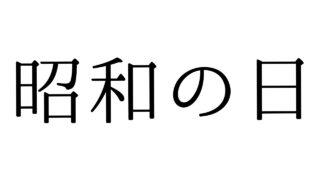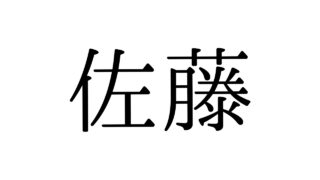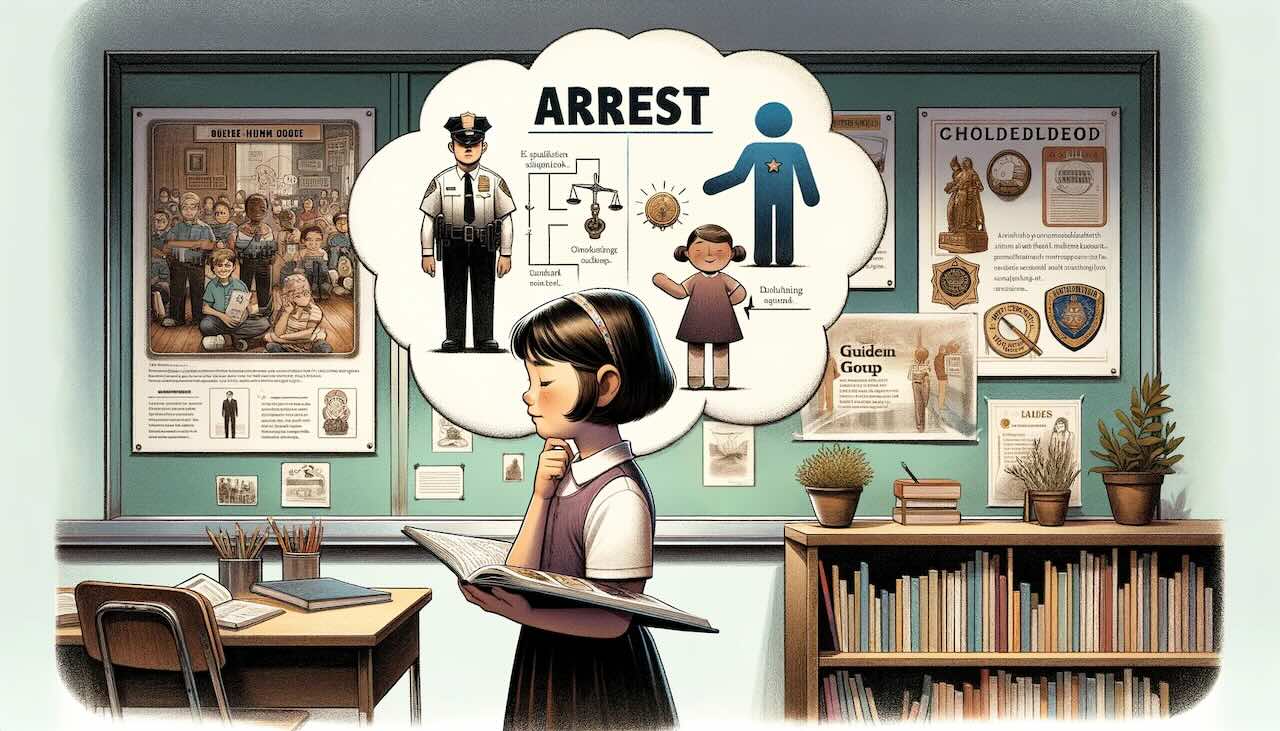If you’re learning about Japanese society or living in Japan, you might hear two terms that sound similar but mean very different things: arrest (逮捕 / taiho) and police guidance (補導 / hodō). Understanding how they work—especially for children—is important.
Here’s an easy-to-understand guide to help you learn the difference between these two terms and what they mean in real-life situations.
What Is Police Guidance (補導)?
Police guidance is when police officers or teachers talk to a child or teenager who is doing something risky or unsafe—but not necessarily illegal.
Examples:
- Walking alone late at night
- Skipping school
- Hanging out in a dangerous area
- Being involved in arguments or mischief
In these situations, police officers may take the child home or to school and talk with them about safety. Sometimes, they may also talk with parents or guardians to help guide the child in a better direction.
Police guidance is not a punishment. It’s a way to protect kids and help them make good decisions.
What Is an Arrest (逮捕 / Taiho)?
An arrest happens when someone is suspected of committing a crime. This means the police believe that person broke the law, such as stealing or hurting someone.
When a person is arrested:
- They are taken to the police station
- They may be questioned
- They might be held for further investigation
- If the case is serious, it could go to court
An arrest is much more serious than police guidance and can lead to long-term consequences.
Key Differences Between Police Guidance and Arrest
| Police Guidance (補導) | Arrest (逮捕 / Taiho) | |
|---|---|---|
| Who it’s for | Children and teens under 18 | Anyone suspected of a crime |
| Reason | Risky or unsafe behavior | Breaking the law |
| What happens | Talk with police or teachers, then go home | Taken to police station, may be detained |
| Purpose | Education and protection | Legal investigation and possible punishment |
| Criminal record? | ❌ No | ✅ Possibly, depending on the outcome |
| Example | Out late alone or skipping school | Shoplifting or vandalism |
What Should You Do If You’re Approached by Police in Japan?
- Stay calm and respectful
- Listen to what the officers or teachers are saying
- Ask questions if you’re unsure
- Contact a trusted adult, teacher, or family member
- Remember that if it’s police guidance, they’re trying to help you—not punish you
Final Thoughts
In Japan, police guidance and arrest may both involve the police, but they are used in very different situations.
Police guidance is about protecting kids and helping them stay safe. Arrest is for serious matters involving the law. By understanding the difference, you can better navigate situations and know your rights and responsibilities.
If you or a friend ever find yourselves in one of these situations, don’t be afraid. Ask questions, talk to a trusted adult, and remember that the goal is to help you stay safe and supported.





















